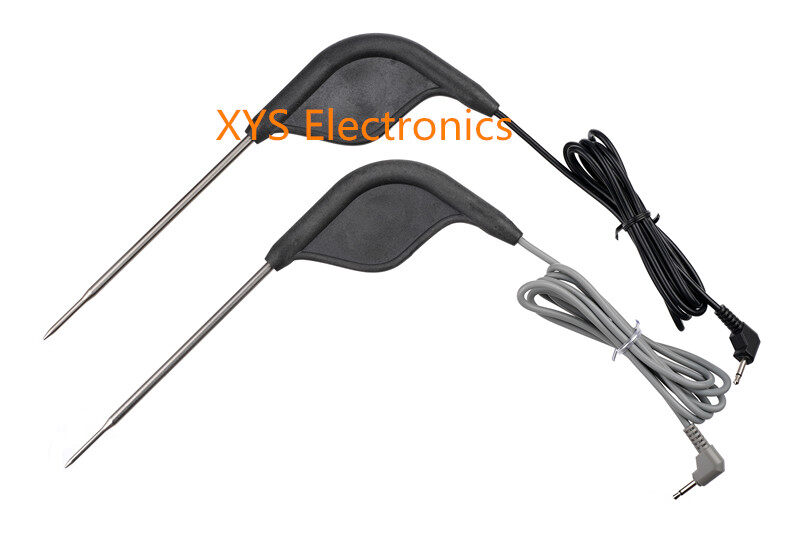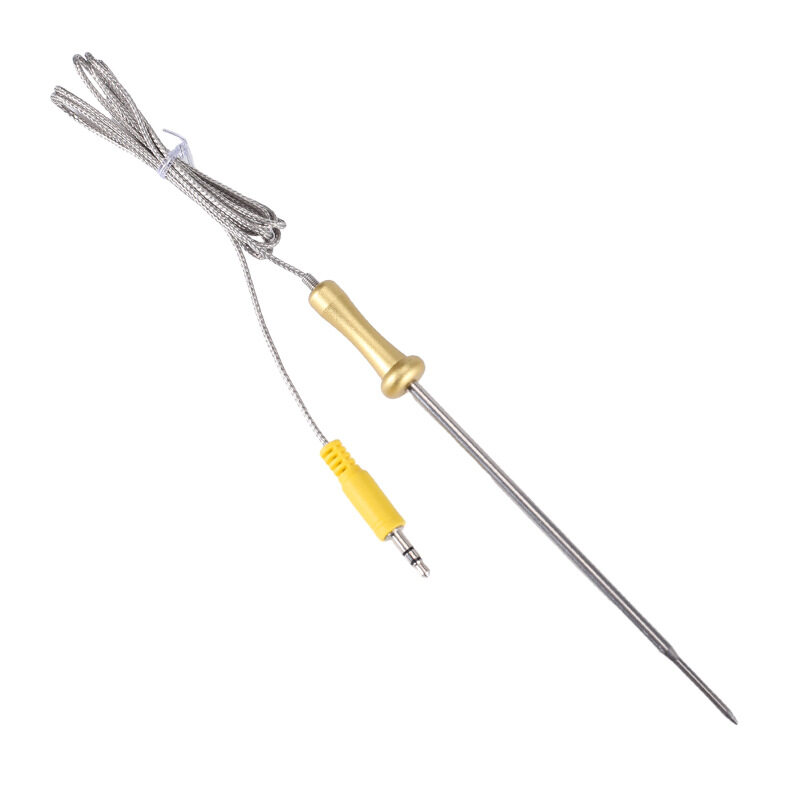اشکال در قالب ایمیل
emailCannotEmpty
emailDoesExist
pwdLetterLimtTip
inconsistentPwd
pwdLetterLimtTip
inconsistentPwd


The Comprehensive Guide to Electronic Components Manufacturing Sales
In the rapidly evolving world of technology, the demand for high-quality electronic components is soaring. Electronic components manufacturing sales have become a critical aspect of the electronics industry, providing essential parts for a wide range of applications from consumer electronics to industrial machinery. This blog post will delve into the intricacies of electronic components manufacturing sales, exploring the key factors driving the market, the importance of quality and reliability, and strategies for success in this competitive field. Additionally, we'll touch upon the availability of cheap electronic components in China, which can be a significant factor for many businesses.
Understanding the Electronic Components Manufacturing Industry
The Role of Electronic Components in Modern Technology
Electronic components are the building blocks of all electronic devices. They include resistors, capacitors, transistors, diodes, and integrated circuits, among others. These components are essential for the functionality and performance of electronic devices, making their manufacturing and sales a critical industry.
Market Dynamics and Trends
The electronic components market is influenced by several factors, including technological advancements, consumer demand, and global economic conditions. With the rise of IoT, AI, and 5G technologies, the demand for advanced electronic components is increasing. Additionally, the shift towards renewable energy sources and electric vehicles is driving growth in the power electronics sector.
Key Players in the Market
Major players in the electronic components manufacturing sales industry include multinational corporations like Intel, Samsung, and Texas Instruments, as well as numerous specialized manufacturers. These companies invest heavily in research and development to innovate and stay ahead of the competition.
Factors Driving Electronic Components Manufacturing Sales
Technological Advancements
Technological advancements are a primary driver of electronic components manufacturing sales. As new technologies emerge, the need for more sophisticated and efficient components increases. For example, the development of 5G networks requires advanced RF components, while the growth of IoT devices demands miniaturized and energy-efficient components.
Consumer Electronics Boom
The consumer electronics market is a significant contributor to the demand for electronic components. Smartphones, tablets, laptops, and wearable devices all rely on high-quality electronic components. As consumers seek more advanced features and better performance, manufacturers must source top-tier components to meet these expectations.
Industrial and Automotive Applications
Beyond consumer electronics, industrial and automotive applications also drive demand for electronic components. Industrial automation, robotics, and smart manufacturing require reliable and durable components. Similarly, the automotive industry is increasingly integrating electronic systems for safety, navigation, and entertainment, further boosting the market.
Importance of Quality and Reliability in Electronic Components
Ensuring Performance and Longevity
Quality and reliability are paramount in the electronic components manufacturing sales industry. Poor-quality components can lead to device failures, which can be costly and damage a company’s reputation. Therefore, manufacturers must adhere to strict quality control measures and industry standards to ensure their components meet the required specifications.
Compliance with Industry Standards
Compliance with industry standards such as ISO 9001 and RoHS is essential for manufacturers. These standards ensure that components are produced consistently and are safe for use in various applications. Additionally, compliance can enhance a company's credibility and marketability.
Partnering with Reputable Suppliers
For businesses involved in electronic components manufacturing sales, partnering with reputable suppliers is crucial. Reliable suppliers provide high-quality components and consistent delivery, which helps maintain production schedules and product quality. Businesses should conduct thorough evaluations and build strong relationships with their suppliers to ensure success.
Strategies for Success in Electronic Components Manufacturing Sales
Diversifying Product Offerings
Diversifying product offerings is a key strategy for success in the electronic components manufacturing sales industry. By providing a wide range of components, manufacturers can cater to different market segments and reduce dependence on a single product line. This approach also allows companies to adapt to changing market demands more effectively.
Leveraging Technology and Innovation
Investing in technology and innovation is essential for staying competitive. Companies should focus on research and development to create cutting-edge components that meet the evolving needs of the market. Additionally, leveraging automation and advanced manufacturing techniques can improve efficiency and reduce costs.
Building Strong Customer Relationships
Building strong customer relationships is vital for long-term success. Companies should prioritize customer satisfaction by providing excellent service, timely delivery, and reliable support. Understanding customer needs and offering tailored solutions can also help build loyalty and trust.
Exploring Global Markets
Exploring global markets can open up new opportunities for growth. The demand for electronic components is global, and companies that can successfully enter and compete in international markets can significantly expand their customer base. This approach requires understanding different market dynamics and regulatory requirements, as well as establishing effective distribution networks.
The Role of China in the Electronic Components Market
China as a Manufacturing Hub
China is a major player in the electronic components market, known for its large-scale manufacturing capabilities and cost advantages. Many companies source their components from China due to the availability of cheap electronic components in China, which can help reduce production costs and increase competitiveness.
Quality Considerations
While cost is a significant factor, quality should not be compromised. It is essential to work with reputable Chinese suppliers who adhere to international standards and provide reliable components. Conducting regular quality audits and building strong relationships with suppliers can help ensure the quality of components sourced from China.
Navigating Trade Policies and Regulations
Navigating trade policies and regulations is crucial when sourcing components from China. Companies must stay informed about tariffs, import/export regulations, and other trade-related issues that may impact their operations. Working with experienced logistics partners and legal advisors can help manage these complexities.
Case Studies of Successful Electronic Components Manufacturers
Intel Corporation
Intel Corporation is a leading manufacturer of semiconductor components. Their success can be attributed to their focus on innovation, quality, and strategic partnerships. Intel invests heavily in research and development, ensuring they remain at the forefront of technology advancements. They also prioritize quality control and compliance with industry standards, which has earned them a reputation for reliability.
Samsung Electronics
Samsung Electronics is another major player in the electronic components market. Their diversified product portfolio, which includes memory chips, display panels, and semiconductors, allows them to cater to various market segments. Samsung’s commitment to quality and continuous innovation has made them a trusted supplier in the industry.
Texas Instruments
Texas Instruments (TI) is renowned for its analog and embedded processing components. TI’s success is driven by their focus on customer needs and market trends. They invest in understanding the specific requirements of different applications and develop tailored solutions. TI’s strong emphasis on quality and reliability has also contributed to their industry leadership.
Future Trends in Electronic Components Manufacturing Sales
Growth of the IoT Market
The Internet of Things (IoT) market is expected to grow significantly in the coming years, driving demand for a wide range of electronic components. IoT devices require components that are energy-efficient, compact, and reliable. Manufacturers that can meet these requirements will be well-positioned for success.
Advancements in Semiconductor Technology
Advancements in semiconductor technology will continue to shape the electronic components market. Developments in areas such as quantum computing, neuromorphic engineering, and advanced packaging techniques will create new opportunities and challenges for manufacturers. Staying at the cutting edge of these technologies will be essential for maintaining competitiveness.
Sustainability and Environmental Considerations
Sustainability and environmental considerations are becoming increasingly important in the electronics industry. Companies are under pressure to reduce their environmental impact by adopting eco-friendly manufacturing processes and materials. Compliance with regulations such as RoHS and REACH will also be critical. Manufacturers that prioritize sustainability will appeal to environmentally conscious customers and gain a competitive edge.
Conclusion
Electronic components manufacturing sales are a cornerstone of the technology industry, driving innovation and enabling the development of cutting-edge devices. The industry is influenced by various factors, including technological advancements, consumer demand, and global economic conditions. Success in this competitive field requires a focus on quality, innovation, and customer relationships. By leveraging these strategies and exploring global markets, companies can thrive in the dynamic electronic components market.
The availability of cheap electronic components in China offers cost advantages, but quality and regulatory compliance must be carefully managed. As the industry continues to evolve, staying ahead of trends and prioritizing sustainability will be key to long-term success. By understanding the intricacies of electronic components manufacturing sales and implementing effective strategies, businesses can achieve significant growth and contribute to the advancement of technology.

